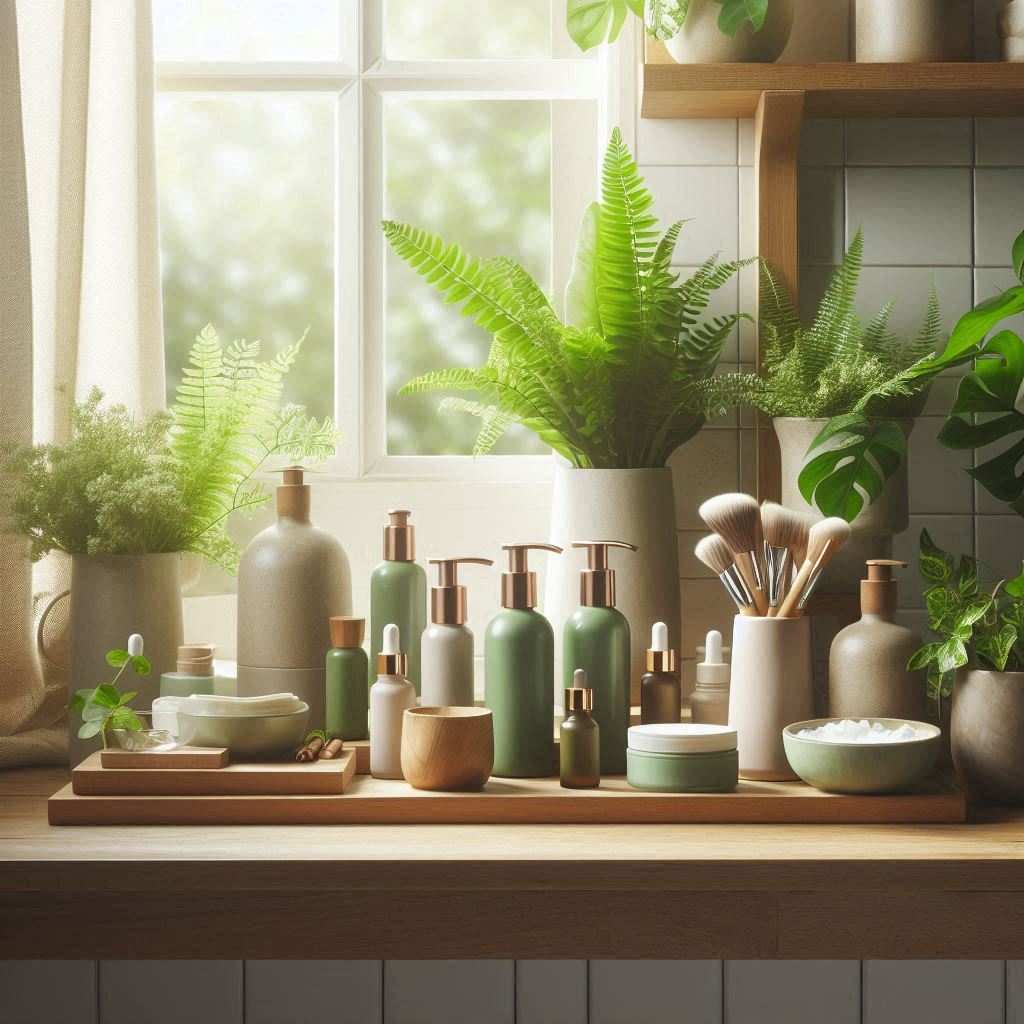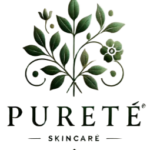Let’s be honest — skincare is confusing. Serums, acids, retinoids, peptides… half the time it feels like you need a chemistry degree just to wash your face. A few years ago, I looked at the back of a face wash I was using and realized I had no idea what most of those ingredients were. I figured, if I wouldn’t eat something I can’t pronounce, why was I slathering it all over my skin?
That was the start of my journey into organic skincare — and honestly, it changed everything.
This isn’t going to be a preachy “you must go green or else” post. But if you’ve ever wondered what organic skincare is all about (and whether it’s actually worth it), keep reading. I’ll break down what it means, what I’ve learned, and some tips if you’re thinking about making the switch.

So, What Is Organic Skincare Anyway?
“Organic” basically means the ingredients are grown without synthetic chemicals — so no weird pesticides, GMOs, or lab-made preservatives. In skincare, that usually translates to plant-based oils, butters, extracts, and clays that are minimally processed and as close to nature as possible.
Think: rosehip oil instead of silicone-filled moisturizer. Aloe vera gel instead of artificial-laden lotion. Stuff your grandma might’ve recognized.
But heads up — “natural” and “organic” aren’t the same thing. A product can be labeled “natural” and still contain sketchy ingredients. If you want the real deal, look for actual organic certifications like USDA Organic, ECOCERT, or COSMOS.
Why I Gave It a Try
Honestly? I was tired of spending money on products that over-promised and under-delivered. I had sensitive, breakout-prone skin, and most products either did nothing or made things worse.
What finally pushed me over the edge was learning that our skin absorbs a lot of what we put on it. Like, up to 60%. That means if you’re using a cream full of parabens, sulfates, and synthetic fragrances, your body is soaking up some of that junk every day.
That kind of freaked me out. So I decided to test the waters with a couple of organic basics.
What I Noticed After Switching
1. My skin calmed down.
No more stinging after washing my face or random red patches. Turns out, my skin didn’t love all those harsh synthetic ingredients.
2. Fewer breakouts.
Using simpler, cleaner ingredients helped balance my skin. I used to think oil was the enemy, but facial oils like jojoba and rosehip have actually reduced my breakouts.
3. My routine got way simpler.
Fewer products, more impact. I’m now a three-step routine person, max: cleanse, moisturize, and maybe a serum if I’m feeling fancy.
4. I felt better.
Knowing I’m not loading my skin with chemicals just feels good. Plus, many organic brands are also cruelty-free, eco-conscious, and just generally good humans.
A Few Favorites That Worked for Me
If you’re curious but don’t know where to start, here are a few products I swear by:
- Aloe vera gel (real, pure stuff) – Great for calming irritation or post-sun care.
- Rosehip oil – Seriously magic for fading acne scars and evening out skin tone.
- Oatmeal-based cleanser – Super gentle and perfect for dry or sensitive skin.
- Shea butter – Thick and rich, a little goes a long way for dry spots or winter skin.
And here’s the thing: you don’t need a bathroom full of fancy jars. Half of the best organic skincare ingredients are things you can find at a natural foods store or even in your kitchen.
Things to Know Before You Switch
It’s not always an overnight miracle.
Your skin might “detox” a bit when you stop using conventional products, especially if they were full of silicones or steroids. Give it a couple of weeks. It’s worth it.
It can be pricey — but not always.
Some organic brands are expensive, but there are budget-friendly options too. And honestly? I’ve found I use less product now. Clean formulas go a long way.
Read the label.
Look for actual ingredient lists — and if there are too many things you can’t pronounce, it might not be as natural as it claims.
Patch test everything.
Just because it’s organic doesn’t mean your skin will love it. Essential oils, for example, can be irritating for some people.
Why It’s About More Than Just Skin
Switching to organic skincare isn’t just about having fewer zits or dewy-glowy skin (though yes, that’s a nice perk). It’s also about choosing products that are better for you, better for animals, and better for the planet.
A lot of organic skincare brands are doing really cool things — using recyclable packaging, supporting fair trade farming, and avoiding animal testing. It feels good to spend money on companies that actually care about more than profit margins.
My Final Thoughts (And What I’d Tell My Past Self)
If you’re thinking about going organic, do it at your own pace. You don’t have to throw out everything and start from scratch. Swap in one product at a time. See how your skin reacts. Trust the process.
And don’t stress if something doesn’t work for you — organic or not, skincare is personal. The goal isn’t perfection; it’s just progress.
At the end of the day, choosing organic skincare is about giving your skin (and the planet) a little more kindness. And that’s something we could probably all use more of.
Thinking of making the switch? I’d love to help you find a routine that works for your skin type or recommend specific products. Just let me know what you’re looking for!
